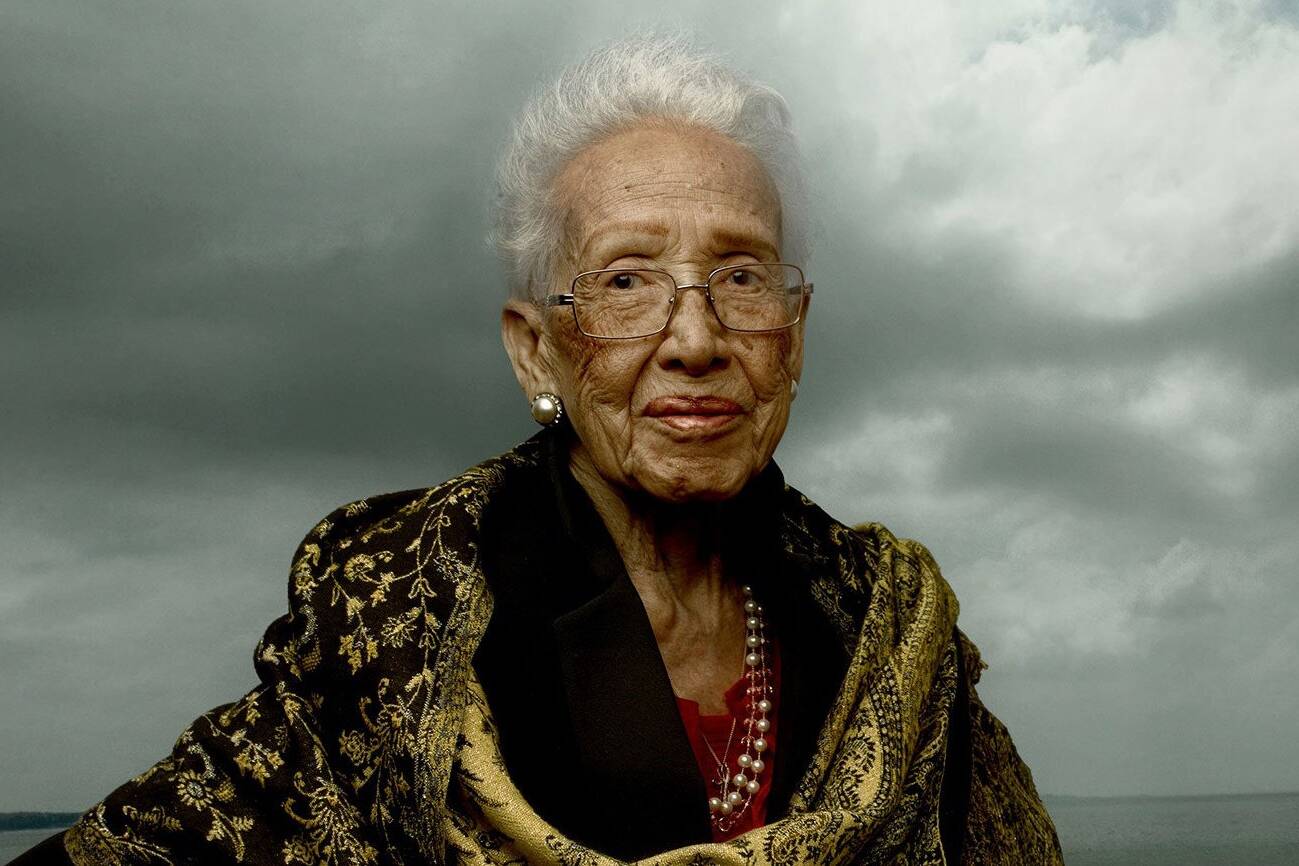
What are the most intriguing facts about abolition? Abolition, the movement to end slavery, shaped history in profound ways. From the tireless efforts of activists to the pivotal events that turned the tide, the story of abolition is filled with remarkable moments and inspiring figures. Did you know that Harriet Tubman, an escaped slave, led over 300 slaves to freedom via the Underground Railroad? Or that the British Empire abolished slavery in 1833, decades before the United States? Abolitionists like Frederick Douglass and William Lloyd Garrison used powerful speeches and writings to rally support. These facts not only highlight the bravery and determination of those involved but also underscore the importance of the abolition movement in shaping a more just society.
The Origins of Abolition
The abolition movement sought to end slavery and the slave trade. It spanned centuries and continents, driven by diverse individuals and groups.
-
The term "abolition" originated in the late 18th century, primarily in Britain and the United States, to describe the campaign to end slavery.
-
Quakers were among the first to speak out against slavery. They believed owning slaves contradicted their religious principles.
-
The British Abolition Act of 1807 marked a significant milestone. It banned the transatlantic slave trade, though it didn't immediately free existing slaves.
Key Figures in Abolition
Many individuals played crucial roles in the fight against slavery. Their efforts and sacrifices paved the way for freedom.
-
William Wilberforce was a British politician who dedicated his life to ending the slave trade. His tireless campaigning led to the 1807 Abolition Act.
-
Harriet Tubman escaped slavery and then helped hundreds of others to freedom via the Underground Railroad. Her bravery earned her the nickname "Moses."
-
Frederick Douglass, a former slave, became a leading voice for abolition. His speeches and writings highlighted the brutal realities of slavery.
Abolition in the United States
The United States had a complex and often violent struggle to end slavery, culminating in the Civil War.
-
The Emancipation Proclamation, issued by President Abraham Lincoln in 1863, declared all slaves in Confederate states to be free.
-
The 13th Amendment, ratified in 1865, officially abolished slavery throughout the United States.
-
John Brown was a radical abolitionist who believed armed insurrection was the only way to overthrow the institution of slavery in the United States.
Abolition in Other Countries
Abolition was not confined to the United States and Britain. Many other nations also fought to end slavery.
-
Haiti became the first nation to abolish slavery and gain independence from colonial rule in 1804, following a successful slave revolt.
-
Brazil was the last country in the Americas to abolish slavery, doing so in 1888 with the signing of the Lei Áurea (Golden Law).
-
The French Revolution led to the abolition of slavery in French colonies in 1794, though it was reinstated by Napoleon in 1802 and finally abolished in 1848.
Abolitionist Literature and Media
Books, pamphlets, and newspapers played a significant role in spreading abolitionist ideas and rallying support.
-
"Uncle Tom's Cabin" by Harriet Beecher Stowe, published in 1852, depicted the harsh realities of slavery and fueled abolitionist sentiment in the United States.
-
The Liberator, an abolitionist newspaper founded by William Lloyd Garrison in 1831, became a powerful voice against slavery.
-
"Narrative of the Life of Frederick Douglass", an autobiography published in 1845, provided a firsthand account of the horrors of slavery and became a bestseller.
Abolitionist Societies and Movements
Organized groups and societies were instrumental in the fight against slavery, providing structure and support for the movement.
-
The American Anti-Slavery Society, founded in 1833, was one of the most prominent abolitionist organizations in the United States.
-
The Society for Effecting the Abolition of the Slave Trade, established in 1787 in Britain, played a key role in the campaign that led to the 1807 Abolition Act.
-
The Underground Railroad was a network of secret routes and safe houses used by enslaved African Americans to escape to free states and Canada.
The Impact of Abolition
The abolition of slavery had profound and lasting effects on societies around the world.
-
Economic shifts occurred as economies that relied heavily on slave labor had to adapt to new labor systems.
-
Social changes followed, with former slaves and their descendants fighting for civil rights and equality.
-
Cultural impacts included the preservation and celebration of African heritage and the contributions of former slaves to art, music, and literature.
Modern Reflections on Abolition
The legacy of abolition continues to influence contemporary discussions about freedom, equality, and human rights.
-
Juneteenth, celebrated on June 19th, commemorates the announcement of the abolition of slavery in Texas in 1865 and is a day of reflection and celebration for African Americans.
-
International Day for the Abolition of Slavery, observed on December 2nd, focuses on eradicating modern forms of slavery, including human trafficking and forced labor.
-
Educational programs and museums dedicated to the history of slavery and abolition help ensure that the lessons of the past are not forgotten.
The Final Word on Abolition Facts
Abolition was a pivotal movement that reshaped history. Key figures like Frederick Douglass and Harriet Tubman risked everything for freedom. The Underground Railroad wasn't a literal railroad but a network of secret routes and safe houses. Abolitionists used pamphlets, speeches, and newspapers to spread their message. The Emancipation Proclamation in 1863 was a significant milestone, but it didn't end slavery entirely. That came with the 13th Amendment in 1865. Understanding these facts helps us appreciate the sacrifices made for freedom and equality. History isn't just dates and events; it's about people who fought for change. Knowing these facts keeps their legacy alive and reminds us of the importance of standing up for what's right.
Was this page helpful?
Our commitment to delivering trustworthy and engaging content is at the heart of what we do. Each fact on our site is contributed by real users like you, bringing a wealth of diverse insights and information. To ensure the highest standards of accuracy and reliability, our dedicated editors meticulously review each submission. This process guarantees that the facts we share are not only fascinating but also credible. Trust in our commitment to quality and authenticity as you explore and learn with us.


